Our spectacular Za'atar is grown and blended in Palestine, where it has been a staple seasoning, topping and condiment for as long as recorded history. The name za'atar refers to both the herb itself (a relative of oregano) and the classic blend where the herb is ground and mixed with sesame, sumac and salt. Use as a finishing spice, a seasoning to roast meat or vegetables, or as a dip mixed with fresh olive oil.
Za'atar is a blend named after its key ingredient, a Levantine species of oregano that flourishes in the region's characteristic arid conditions, and it also includes sesame seeds, sumac and other ingredients, depending on who's making it. Good za'atar tastes savory, deeply herbal, piney, nutty, tart and peppery.
We're able to share this za'atar because of the expertise, persistence and creativity of more people than you probably realize — we assembled a scrappy team of farmers, millers, entrepreneurs, freight forwarders and at least one father-in-law who pieced together a whole supply chain for you. It represents a shared pride and passion for their land, its people and their culture. When we talk about heirloom spices, this is what we're talking about.
The miller, Abu Ali, said, "We do this from our hearts out of love. Working in the mill bringing the smell of the za'atar in the air makes us all love our job even more. We want the world to know we love our culture and want to share the love of our culture by working hard daily just so we can bring joy into everyone’s home."
Za'atar is also available in our Origin Blends Collection. Click here to learn about all of our origin blends.
Highlights
Cooking tips
- Mix with olive oil as a dip for bread or rub for vegetables or protein
- Use as a rub for baked chicken or eggs
- Roast vegetables and potatoes, then top with tahini and za'atar
SOURCING

Our za'atar was cultivated by a family in the hills outside of Ramallah using artisanal and organic methods, including collecting limited rainwater to grow the za'atar plants. Like many Palestinians, they are denied access to the aquifers beneath their feet and must practice water-saving techniques to grow their traditional crops.
When the herb's fuzzy, heart-shaped leaves are ready for harvest throughout the summer, they are hand-picked by farmers who learned their craft from their parents and grandparents and cultivate the same land, rare in a place where many farming families have had their land taken away from them.
After harvest, the za'atar is dried and then ground at a local mill. Careful stone milling of the za'atar leaves before blending is essential to create the distinctive light, fluffy texture of real Palestinian za'atar. The ground leaves are precisely blended with roasted local sesame seeds and tart, purple sumac, which grow in Silwad and the eastern areas of Ramallah.
We're grateful for the partnership of Manal from Re7het Falasteen in helping set up this supply chain and coordinating the production from Palestine to the US. They also carry exceptional Palestinian foods and pantry goods, so make sure to check out their site.














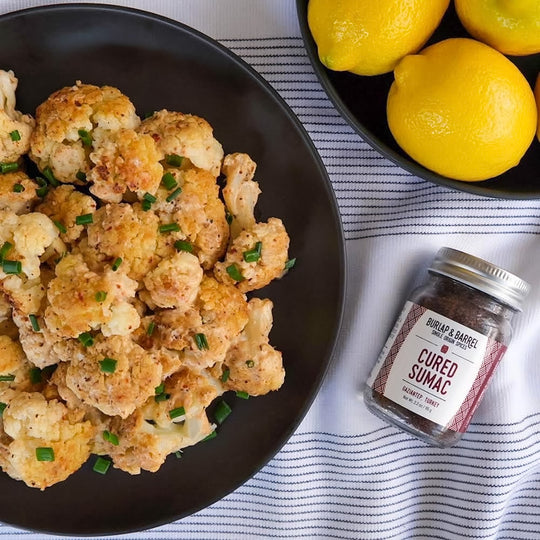
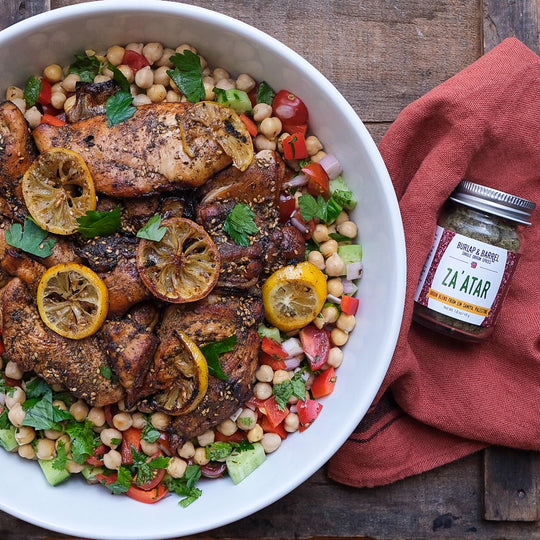
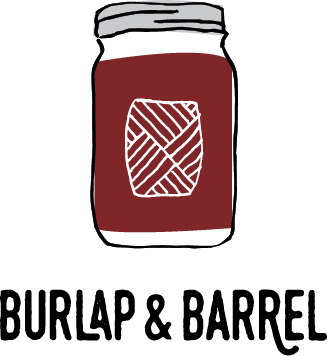
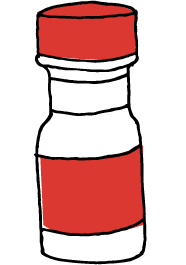 Supermarket
Supermarket
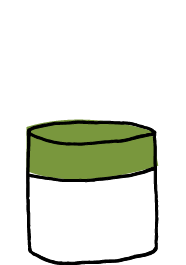 Fair Trade
Fair Trade